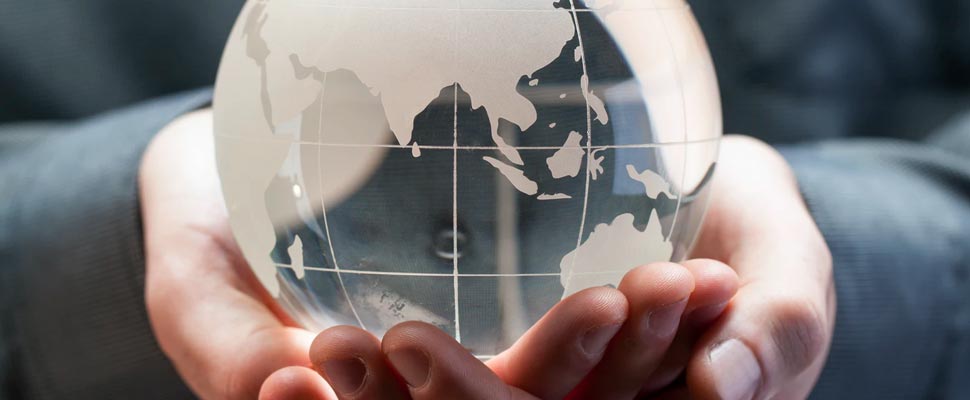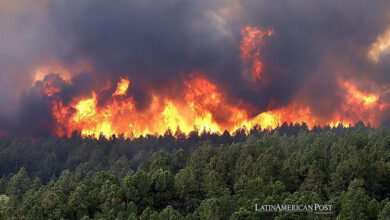Opinion: Can the global eco-awakening save us?
Today we pay more attention to the environment, to the climate crisis, to the need to opt for a sustainable economy, but will this save us? .

Talking about an “eco-awakening” should give us hope, it should mean a light at the end of the road. Photo: Unsplash
LatinAmerican Post | Vanesa López Romero
Listen to this article
Leer en español: Opinión: ¿El eco-despertar global podrá salvarnos?
Perhaps it is very pessimistic of me to ask this question when hope is what we need most in our world today. A world that is suffering the consequences of the actions of past generations, generations that took little or no interest in making responsible use of the limited resources on Earth. Generations that left us weak economic systems due to the limitation of natural resources from which they once fed. Generations that, even so, insist on excessive consumption. So talking about an "eco-awakening" should give us hope, it should mean a light at the end of the road , especially considering that getting to this has involved the sacrifice of terrestrial and marine ecosystems, species, biodiversity and , of course, human lives (especially marginalized human lives).
Also read: World recycling day: do we really know the importance of this process?
Due to the eco-awakening the World Wide Fund for Nature (WWF) in conjunction with The Economist Intelligence Unit on May 17 published a report explaining the advancement of awareness. The report is titled A Global Eco-awakening: Awareness, Commitment and Actions Around Nature , and aims to demonstrate "how much people value the natural world, their willingness to make changes to protect it, and their calls, more and more frequent, to the taking of action on the part of public leaders ". Likewise, the focus of the research seeks to generate an approach by companies and governments to opt for circular economies , says Ellen MacArthur, the founder of the Ellen MacArthur Foundation.
Some of the conclusions reached by the report are as follows: concern for the environment has grown in recent years and the number is on the rise, the most dramatic growth in engagement and awareness has occurred in Asia, particularly in India (190%), Pakistan (88%) and Indonesia (53%) . Dialogues on the loss of nature have increased by 65% since 2016. From a global increase of 71%, which occurred as of 2016, in the number of searches for sustainable goods, it can be seen that people are changing their habits of consumption. In addition, public demand for initiatives is growing rapidly, driven by protests, petitions, and campaign donations.
Then, the results that this research gives us are more than hopeful when we think about the need that for the actions to become real, civil society must demand and also act in consequence of their requests. It is evident that the most recent generations, and especially the so-called Generation Z, have allowed a paradigm shift on all kinds of social and cultural issues .
However, it is worth asking ourselves if this paradigm shift and the results can save us before it is too late. And it is scary to think that by 2050 we must meet certain objectives that we are obviously far from reaching. It is terrifying to think of a future when it is more uncertain than ever. Years ago, when we were not even born, our future was stolen from us, and now we are supposed to be calm and look at the positive when the negative is much greater.
Now, with this I do not want to put aside the individual, organizational, political and governmental actions that are gaining strength and are making themselves heard, rather I want to remember that the road ahead is still very arduous and long, and that we should not sleep on our laurels because we see little hope. That hope must be the driving force behind what is to come, the struggles that we are to face as a society and as a species . We must save ourselves.




